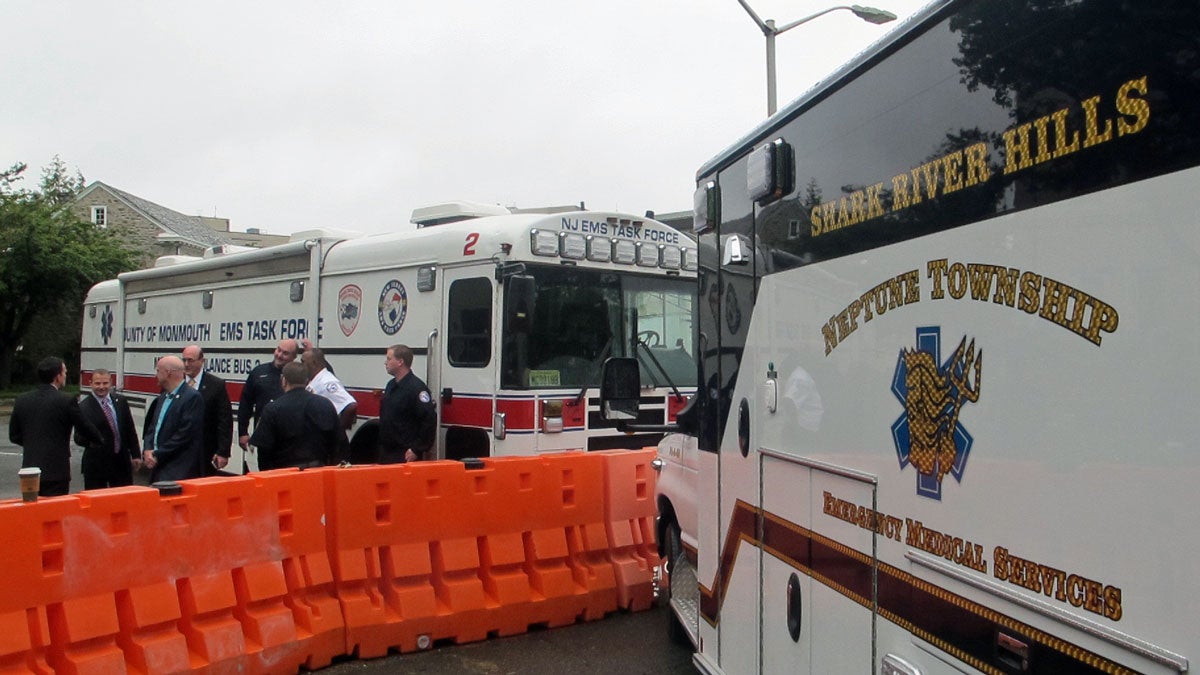New Jersey considers tracking EMS responses, outcomes to improve service

An EMS tracking system could help determine if changes are needed to improve emergency medical services, says Scott Kasper, chairman of the New Jersey EMS Council. (Phil Gregory/WHYY)
New Jersey would establish a system to track and analyze responses to medical emergencies if a bill introduced in New Jersey’s Legislature becomes law.
Assembly Health Committee chairman Herb Conaway, a doctor, said the emergency medical service tracking system could help identify what procedures improve patient outcomes.
“What’s going on with the cardiac cases? How soon are we getting to them? What kind of treatments are we delivering there for someone with cardiac arrest?” said Conaway, D-Camden.
“If it’s an issue of stroke, what are we doing in the prehospital, what kind of treatments are we providing? Are we making sure they get an aspirin?”
Senate Health Committee chairman Joe Vitale said the EMS tracking system could help address the opioid epidemic.
“With fetanyl being added to heroin and the purity of that heroin and the overdoses that continue to happen every day in this state, they’ll be able to know where it’s happening, be able to alert the public, alert those who are using, those who are providing the assistance be able to respond appropriately and quickly,” said Vitale, D-Middlesex.
The tracking system could help determine if changes are needed to Improve emergency medical services, said Scott Kasper, chairman of the New Jersey EMS Council.
“It may influence staffing patterns if we don’t have enough EMS resources and service at any particular time of the day. And, from a procedures perspective, there’s always the question does what we do make a difference, does what we do matter?
“And we don’t know that unless we can actually look at the data, compare what we’re doing to the outcome of the patient,” Kasper said.
WHYY is your source for fact-based, in-depth journalism and information. As a nonprofit organization, we rely on financial support from readers like you. Please give today.

